My Igbotic Life: Representing My Tribe and Culture
My Igbotic Life: Representing My Tribe and Culture. Proudly Igbo, please watch:
My Igbotic Life:
I am Igbo, and I am immensely proud of my heritage. Deciding to share my Igbotic life is a way to represent my tribe and culture.
These days, I feel an overwhelming desire to proclaim it to the world, as loudly as a village cockerel shouting from a zinc rooftop.
Your pride as an Igbo man or woman should always be at 100%. No matter where I go, I carry the Igbo blood that flows through my veins. It is in me; it is what I am made of.
These days, being Igbotic or having an Igbo accent is not the social suicide it crassly used to be. Igbo is the new cool, as it has hit the mainstream.
I see people rocking their red cap and Isi-agu tunic on at Nigerian red carpet events and ceremonies with pride, and it warms my heart.
This pride, however, comes with no disrespect to other ethnic groups—there are plenty of admirable things about them too. Nigerians no matter their ethnic group are a beautiful people
The Yorubas
You can’t help but love how Yorubas live life to the fullest, even into old age. They teach their children Yoruba from an early age, including its more intricate idiomatic expressions.
Their history is deeply preserved through the enduring lineage of royalty—the great Obas, Alaafins, and Oonis, as well as the Oyo Kingdom.
Yoruba people know how to celebrate—it’s in their DNA. There’s no party like an Owambe party! The Jollof rice and pounded yam never stop.
By contrast, at Igbo parties in the ’80s and ’90s, rice and stew were plentiful—but plenty doesn’t always mean delicious.
The Hausa-Fulani Culture: A Rich Heritage
The Hausa-Fulani people, primarily in northern Nigeria, are among West Africa’s largest ethnic groups, known for their vibrant traditions and deep Islamic influence.
Hausa is one of Africa’s most spoken languages, while Fulfulde reflects the Fulani’s pastoral roots. Islam shapes their way of life, with celebrations like Eid al-Fitr and Eid al-Adha marked by prayers, feasts, and community gatherings.
Art, Architecture, and Attire
Their art includes colorful textiles, calabashes, and leatherwork, while mud-brick architecture like the Emir’s Palace showcases intricate designs.
Traditional attire—such as the Babban Riga for men and colorful dresses with headscarves for women—reflects elegance and modesty.
Cuisine
Their cuisine includes dishes like Tuwo Shinkafa, Miyan Kuka, and snacks like Suya and Kilishi, often paired with Fura da Nono (millet porridge and fermented milk).
Music and Dance
Music features instruments like the kalangu (talking drum) and goje (bowed string), with dances like the Sharo dance celebrating milestones.
The Hausa-Fulani culture is a vibrant blend of tradition, faith, and artistry, embodying the beauty of Nigeria’s diversity.
The Ibibio, Efik, and Anang People
I’ve never met anyone from the Ibibio-Efik-Anang triumvirate who isn’t book-smart.
In primary school, my classmate Akpan scored the highest in the Common Entrance exam in the entire country and got admitted to one of the Gifted Schools. Edidiong consistently led the class from Form 1 to 6 in secondary school.
What is it about South-South people that makes them so intelligent? Is it the vegetables in their sumptuous soups? They also excel in Mathematics, just like the Chinese!
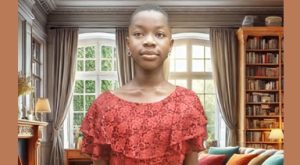
Why I Love Being Igbo
I love that the Igbo people have excelled in various fields, producing many acclaimed individuals who have made their mark globally.
From literary giants like Chinua Achebe and Chimamanda Ngozi Adichie to political leaders like Nnamdi Azikiwe and legendary artists like Ben Enwonwu, the Igbo heritage shines brightly.
Our entertainment and sports spheres boast icons like Rita Dominic, Phyno, Flavour, Chigurl, and football legend Kanu Nwankwo.
And let’s not forget even small me, Tabuzo—proudly adding my unique touch to this illustrious lineage!
Being Igbo is a privilege, as our people continue to inspire and achieve greatness in all walks of life.
Celebrate your Igbo heritage with pride!
Igbo bu Igbo
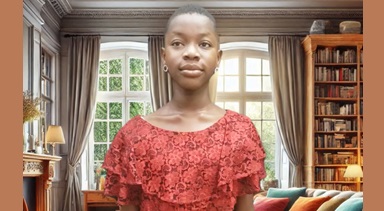
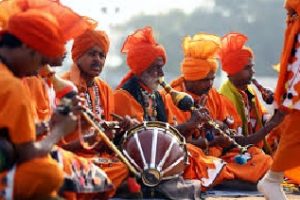


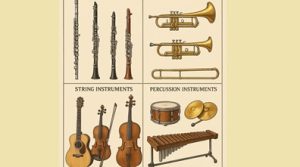
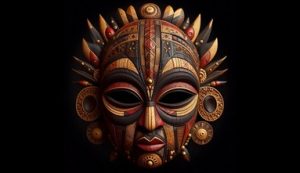
Your point of view caught my eye and was very interesting. Thanks. I have a question for you.
Thanks for sharing. I read many of your blog posts, cool, your blog is very good.
Hello! Somepne in my Facebook group shared this website with us so I came to check it out.
I’m definitely loving the information. I’m book-marking and will be tweeting thi to my followers!
Terrific blog and outstanding style annd design. https://glassi-freespins.Blogspot.com/2025/08/how-to-claim-glassi-casino-free-spins.html